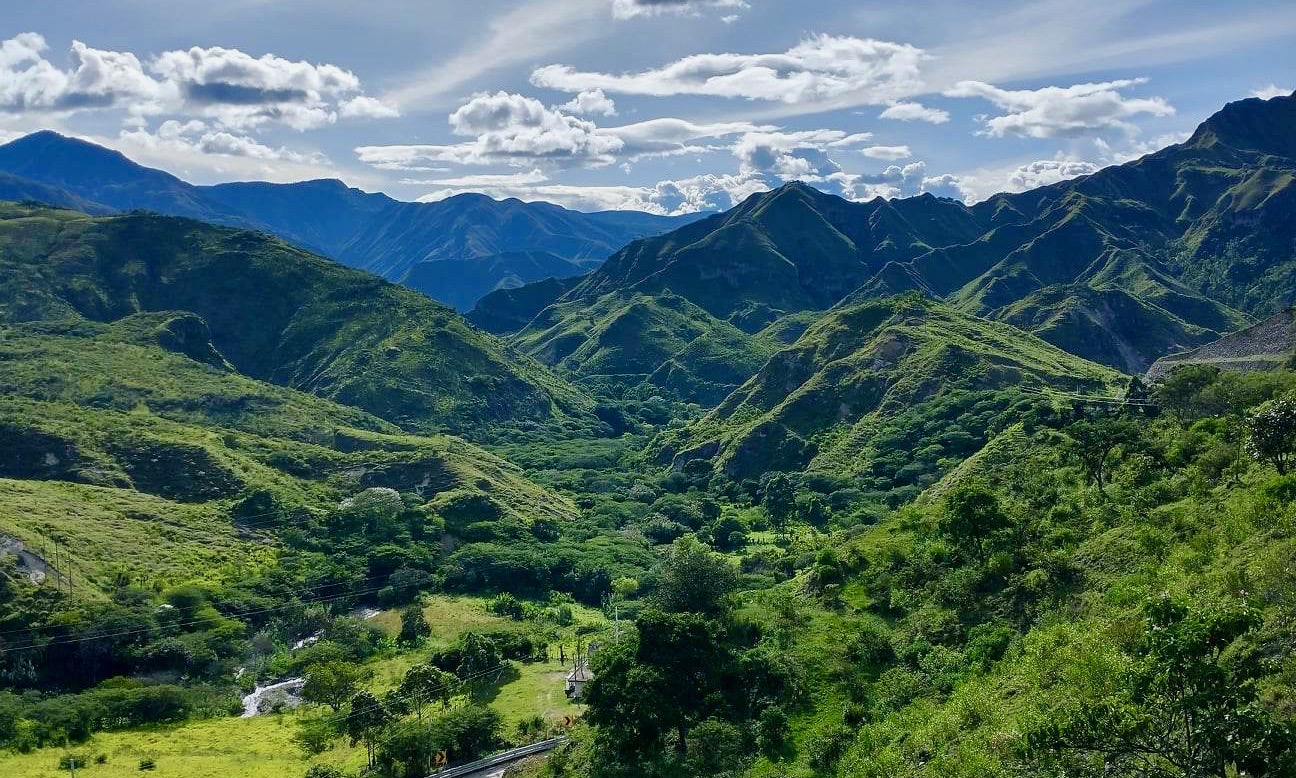SANE Bioregions consist of a series of decentralized bioregional resiliency pilot projects. A bioregion is defined as an area of land bordered by the natural flow of watersheds. Within such landscapes we are building meta-systems to support humans living in sacred relationship with the natural world and each other. The three bioregions we are currently active in are: the Interior Temperate Rainforest of BC, Canada; the Amazon Rainforest in Ecuador; and a bioregion in the Ecuadorian Andes.
In these bioregions we are focusing on creating adaptable templates that utilize core competencies of human collectives and marrying these with web3 infrastructure and key tools for bioregional resiliency, in order to address both the interior and exterior dimensions of true sustainability.
Onboarding of bioregions utilizes an in-depth analysis of a bioregion's current and potential capacity for resiliency at scale. Our 108 criteria of assessment include geo-political considerations, natural capital assets and established infrastructure, as well as family culture, zoning limitations, water quality, quantity & timing of flow, soil health, and more.
We have begun by focusing on bioregions that have foundational and historical key elements in place to pilot resiliency at scale.
Feel free to contact us if you believe your bioregion could be candidate for becoming a SANE bioregion.
SANE imagines a future where ecosystems and local culture are able to withstand rapidly changing conditions.
This approach includes consideration of all values associated with complex ecosystems and the equally complex human/nature interface.

